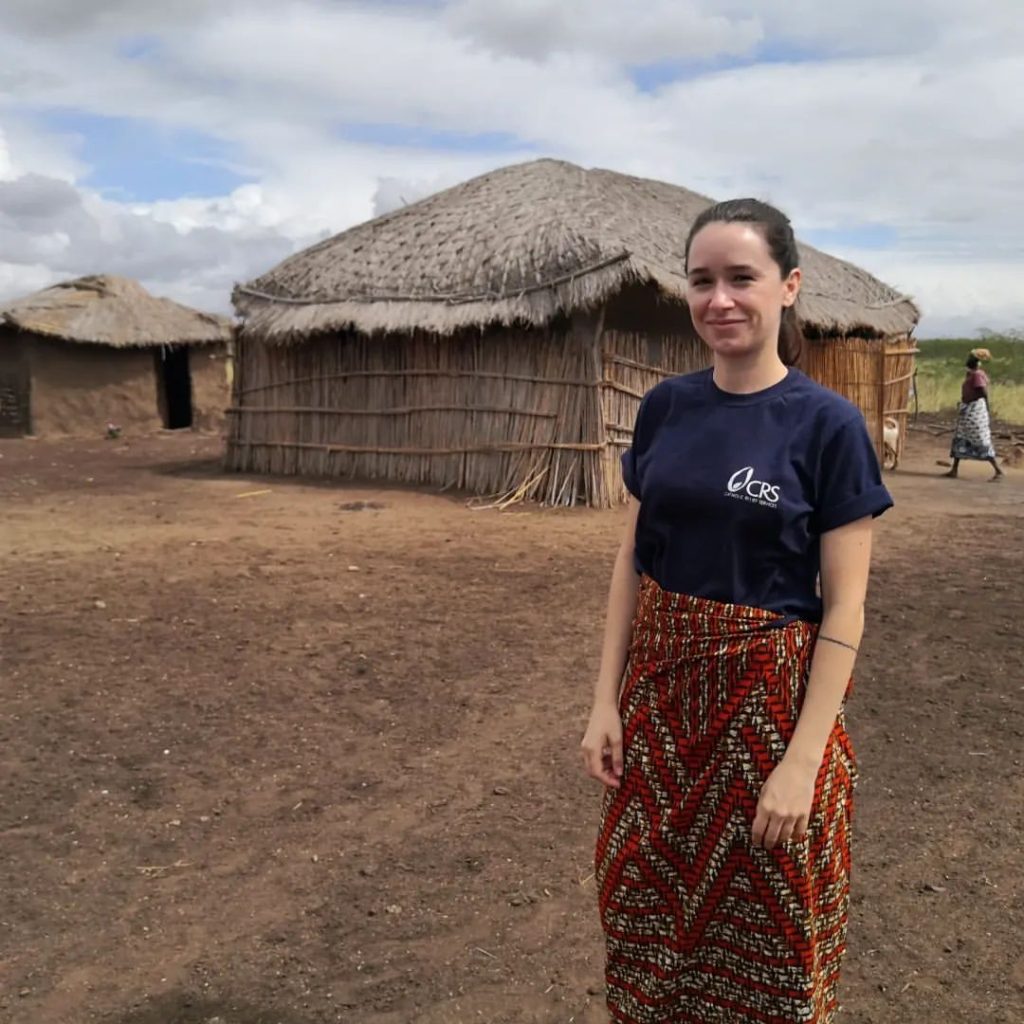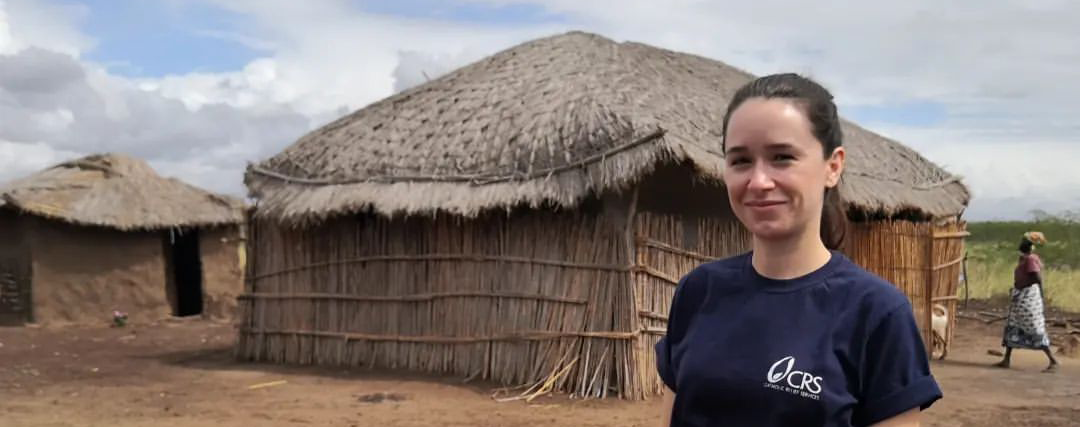Lorenza Esquinca is our first guest alumni to answer our questions on her experience after graduating at MICSEA. In the following weeks, we will be publishing more interviews, stay tuned!
What have you been working on since you’ve graduated from the program?
After completing the program, I joined Catholic Relief Services (CRS) as a consultant for the Shelter team at the Humanitarian Response Department, providing remote support for a diverse range of emergency programs in Uganda, Bangladesh, Mozambique, and Honduras, among others, as well as conducting field visits to Mexico and Malawi to implement research projects and support capacity building of local partners. My next position with CRS was as Program Manager, leading the Shelter and WASH components of CRS’ emergency response to the 2021 earthquake in Southern Haiti. Currently, I serve as Shelter and Settlement Manager for Southern Ukraine with the Danish Refugee Council (DRC). In this role, I oversee repair and upgrade activities on apartments, houses, and collective centers, with future plans to address civil infrastructure such as schools and health clinics.
Is the work field in any way different from what you expected when you first graduated from the masters?
I think it’s exactly what I expected it to be. It can be very tough at times due to the intense nature of the work and the challenges of adjusting to a new context, new colleagues, new organizational structure, and different food, languages, and cultures. You can sometimes feel frustrated and isolated. However, once you learn to adapt your skills, understand the rhythm of the new place, balance work and personal life, and connect with people, it can be an extremely enriching and rewarding experience.
What advice would you give to our current students in the masters program about their next steps?
I would advise them to think carefully on their career goals, whether in emergency or development work, academia, public service, grassroots movements, or elsewhere, and charting a path with the necessary steps to get there. Then, work hard, make connections, learn to identify and seize opportunities, and always try to collaborate instead of competing. Collective efforts and collaborative networks are the best way forward
Once you graduated from the MICSEA what made you decide on the field of work you are in?
In my case, I had already decided to pursue a career in the humanitarian sector even before enrolling in the MICSEA course. In fact, the main reason why I chose this program was to acquire the necessary skills and qualifications for this field. During the program, meeting professionals working in the field only reaffirmed my conviction to dedicate my efforts to this line of work, and the learnings and connections provided by MICSEA enabled me to pursue this goal.


